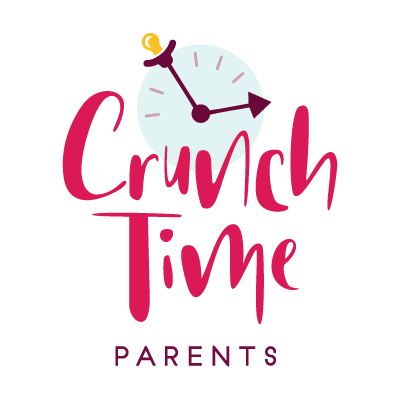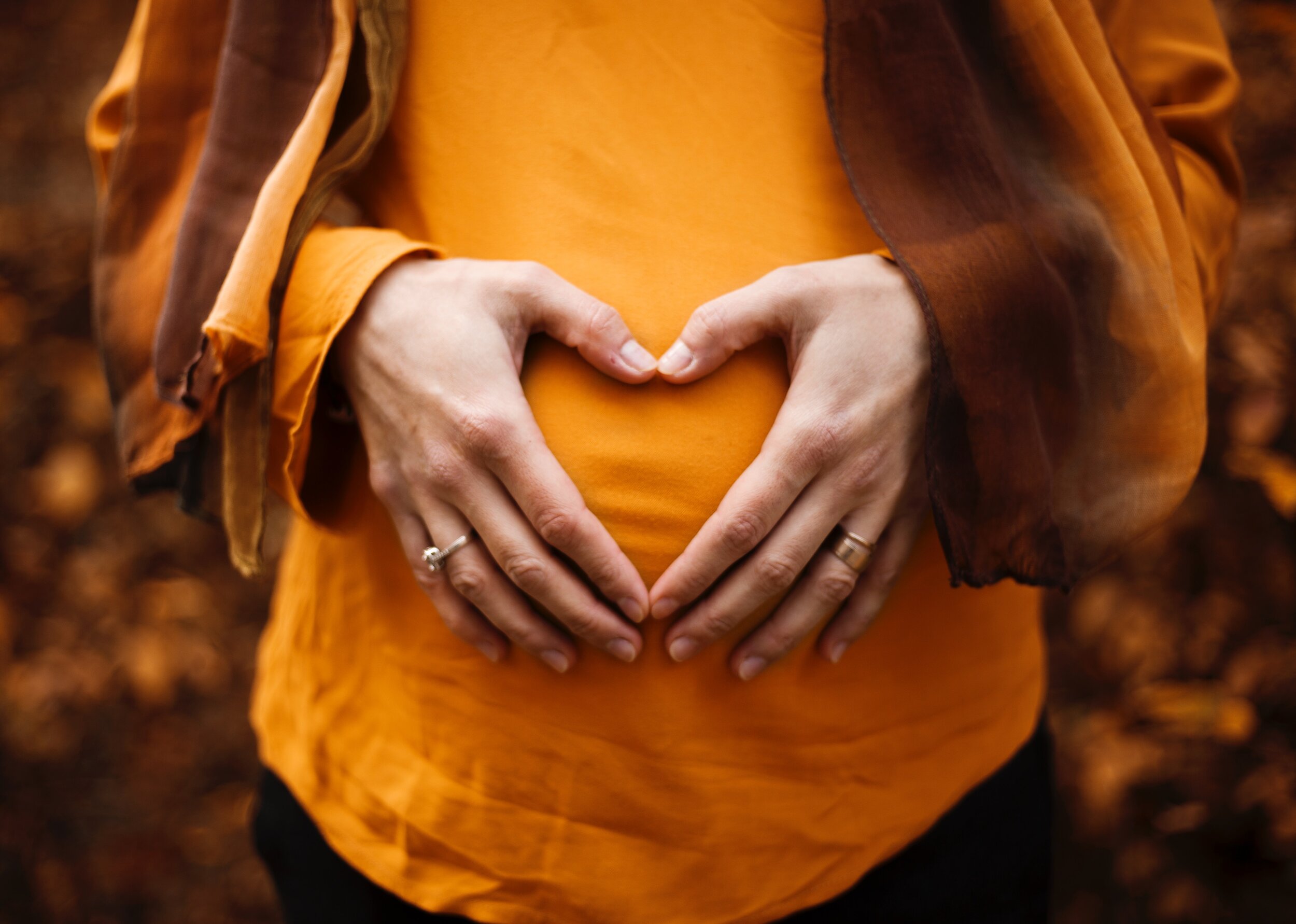“Yeah, everything is so F’ing hard right now. But we’re lucky that we’re not…” insert: “Sick with Covid-19.” Or “intubated in the hospital.” Or “taking care of newborns.” Or “out of wine.” Screw the toilet paper. It’s the extra glass of wine that we all need right about now.
Unless we’re pregnant. Pregnant women during Covid may crave a tipple more than anyone on Earth, but that’s the least of anyone’s worries. It’s hard for a pregnant woman these days to know exactly how anxious to feel, or not to feel, especially when the sources she might normally turn to—like the American College of Obstetricians and Gynecologists or the CDC—don’t really know either.
Here at Crunch Time, we’re optimistic that the vast majority of pregnant women and their babies will be just fine, especially if they’re not testing positive for the coronavirus. Early studies of pregnancy and childbirth in the Covid era seem to indicate good outcomes. While it’s true that trying to stay safe right now means taking more (and weirder) precautions than ever, and being trapped indoors 99 percent of the time, most reports we’re hearing from women who have given birth in the middle of all this give us reason for hope.
If you’re in your 40s or late 30s and are nervous about the closing window for getting pregnant, take heart that you still have time. And with any luck, the American Society of Reproductive Medicine will soon revise its policy of stopping all elective fertility treatments for the time being, until more evidence comes to light.
But as some IVF patients have pointed out, there are no public health advisories asking people to stop trying to get pregnant naturally during Covid. It doesn’t seem right to ask only IVF patients to stop, especially when they’re at an age when time is more limited. No evidence so far points to any negative consequences for babies or women in this crisis.
Here’s hoping the petition by Dr. Beverly Reed, a fertility specialist in Texas, to reverse the ASRM’s policy about halting fertility treatments will lead to a policy change, and soon. It has 20,000 signatures as of today.
In the meantime, here’s a lovely piece by a 42-year-old woman who is navigating pregnancy during Covid, from my alma mater, Oprah Magazine.
In the meantime, stay safe and sane, everyone.
Photo courtesy of Alicia Petresc, via Unsplash.




















